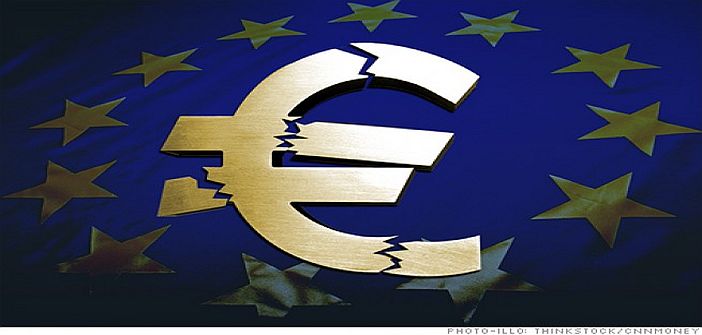Never since the beginning of the community construction in the 1950s has it faced such a succession of shocks. Some, like the nationalist backlash, could prove fatal.
Since 2008, Europe has fallen from Charybdis to Scylla. It all began with the American financial collapse in 2007, which in 2008 gave birth to an economic crisis, the most severe since 1929, which remains unresolved in Europe. A crisis that nearly swept away the eurozone, from which Greece has yet to recover.
The foreign policy ventures of the United States, as well as the UK and France, have destabilized the Mashreq and the Maghreb, leading a million people to seek refuge in the Union and culminating in a new outbreak of terrorism on European soil. Community diplomacy’s hesitations awoke the Russian bear and resulted in the partial dismantling of Ukraine, causing unprecedented tension between Eastern and Western Europe since the collapse of communism in 1990.
Faced with this polycrisis, which the European states did not always foresee, and certainly did not wish to anticipate as it would require precautionary sovereignty-sharing, the Union reacted. Sometimes successfully, as demonstrated by the accelerated integration of the eurozone. But what was achievable by nineteen countries was not by twenty-eight: the refugee crisis, far from over, revealed deep fractures between East and West, highlighting how poorly the expansion was managed.
While for some Western European countries, notably Germany, asylum and respect for minorities are values inherited from a turbulent and violent history, this is not the case for the former Eastern bloc democracies: they still see themselves as victims of history, entitled to rights with no obligations.
Eager for European money and the rights provided by the EU, their solidarity is one-sided: they refused to aid countries overwhelmed by the sudden influx of refugees (though they share responsibility for the situation, having gone to Iraq in 2003) and, above all, violently rejected these Muslims, perceived as irreconcilable with European civilization… Walls quickly rose in the East, and the Commission’s proposals for a unified Union response hit their blunt hostility.
This retreat to national strongholds, taking place now, was set up by the economic crisis, which paved the way for Europhobic populists.
After 1929, several countries thought fascism was the best response to the challenges of the time. Eighty years later, people are similarly tempted by extreme solutions now labeled as “populism”: the authoritarian right governs in Poland and Hungary, participates in governments in Belgium, Denmark, and Finland, and is on the rise in Sweden, France, the Netherlands, and Italy.
Ultimately, only Germany and countries that have recently experienced dictatorships (Spain, Portugal, Greece) seem immune. Islamist terrorism only strengthens these parties, whose stock in trade is the rejection of others.
It suffices to say that the European project, founded on peace, tolerance, freedom, the rule of law, and openness to the world, is not currently in favor: the focus is on defending the narrowest, most immediate, and most illusory national interests.
How long can the Union, a project born from the ruins after the war, withstand the xenophobic and paranoid wave sweeping over our old, weary societies once again?
European leaders, both right and left, instead of going against the fear-driven public opinions, have done nothing better than chase after extremist parties, as can be seen in France.
Nothing seems able to stem the return of nationalism that once led Europe to the abyss.


